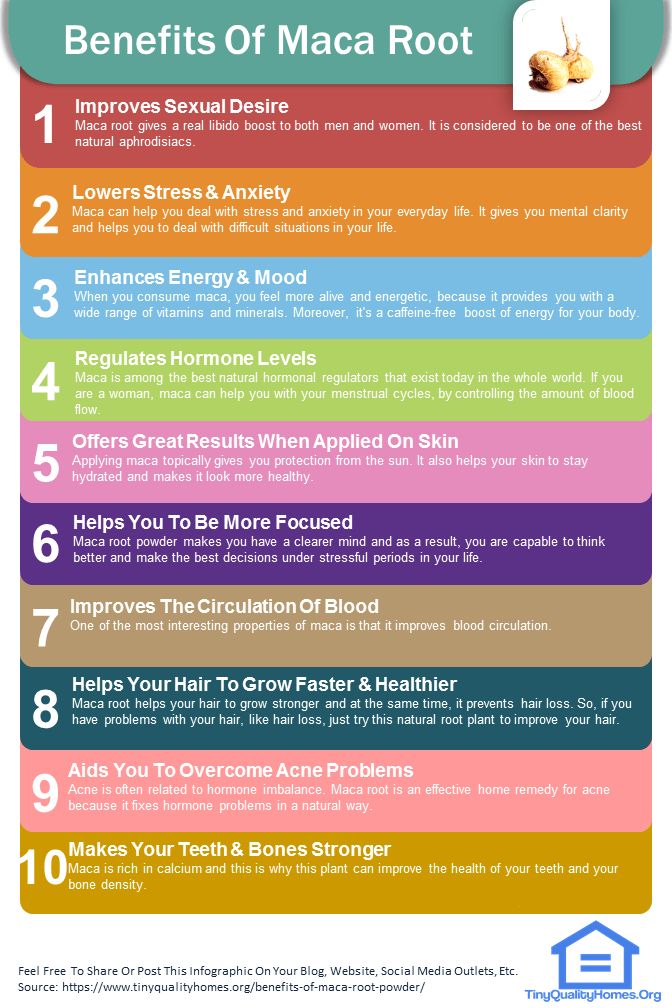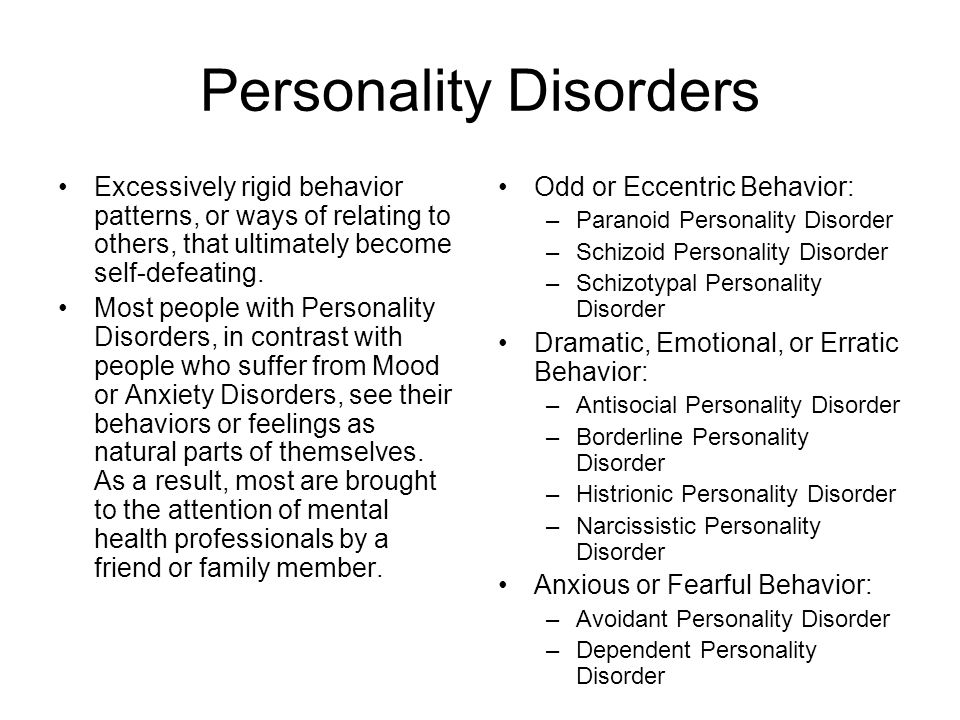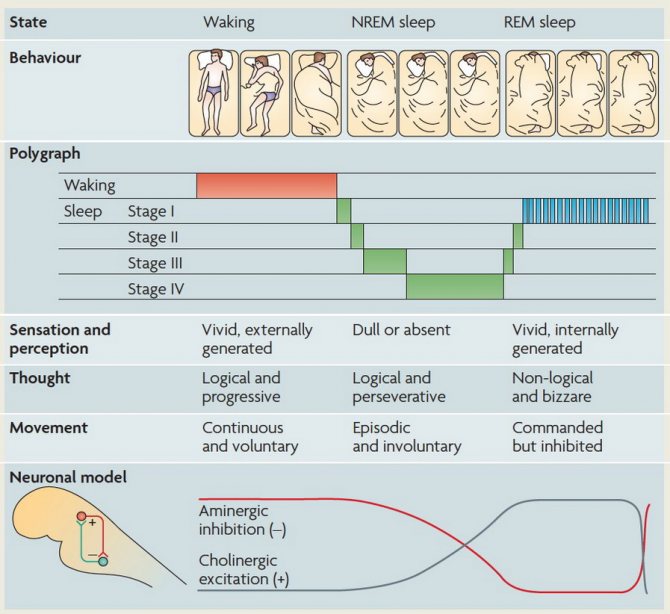Depression medicine that causes weight loss
Antidepressants that Cause Weight Loss: What You Need To Know
Antidepressants are commonly prescribed, FDA-approved medications used to treat depression, anxiety, and other related mental health disorders.
Though antidepressants can be effective at treating these conditions, they can also cause a range of side effects, including weight loss.
In this article, I’ll describe what antidepressants are, their effect on weight, and which antidepressants are known to cause weight gain or weight loss.
Finally, I’ll explain whether antidepressants have ever been prescribed specifically for weight loss and whether you can safely prevent weight loss due to antidepressants.
Feeling Down?
Take our free assessment and learn about your options.
Get Started
What are Antidepressants?
Over 264 million people worldwide live with depression and an estimated 40 million people in the U.S. experience an anxiety disorder in any given year.
Thankfully, both anxiety and depression can be treated with antidepressants, cognitive behavioral therapy, or a combination of treatment modalities.
Antidepressants are a popular prescription treatment for several mental health conditions, including:
- Major depressive disorder (MDD)
- Obsessive-compulsive disorder (OCD)
- Panic disorder
- Premenstrual dysphoric disorder (PMDD)
- Posttraumatic stress disorder (PTSD)
- Social anxiety disorder (SAD)
Most antidepressants work by affecting chemicals in the brain called neurotransmitters, including serotonin, norepinephrine, and dopamine.
There are five main classes of antidepressants which affect these neurotransmitters in different ways:
- Selective serotonin reuptake inhibitors (SSRIs): SSRIs are often the first-line treatment prescribed by doctors for depression and anxiety. SSRI medications generally cause fewer side effects and are less likely to cause problems at higher therapeutic doses than other types of antidepressants.
 As suggested by their name, SSRIs work by increasing the activity of the chemical serotonin in the brain. Examples of SSRI medications include sertraline (Zoloft), fluoxetine (Prozac), paroxetine (Paxil), fluvoxamine (Luvox), citalopram (Celexa), escitalopram (Lexapro) and vilazodone (Viibryd).
As suggested by their name, SSRIs work by increasing the activity of the chemical serotonin in the brain. Examples of SSRI medications include sertraline (Zoloft), fluoxetine (Prozac), paroxetine (Paxil), fluvoxamine (Luvox), citalopram (Celexa), escitalopram (Lexapro) and vilazodone (Viibryd). - Serotonin and norepinephrine reuptake inhibitors (SNRIs): SNRIs work by blocking the reabsorption of the neurotransmitters serotonin and norepinephrine in the brain. Examples of SNRI medications are duloxetine (Cymbalta), venlafaxine (Effexor XR), desvenlafaxine (Pristiq), and levomilnacipran (Fetzima).
- Tricyclic antidepressants: Tricyclic antidepressants can cause more side effects than SSRIs or SNRIs. For this reason, doctors will generally prescribe tricyclic antidepressants only if previous prescriptions of SSRIs or SNRIs failed to improve symptoms, or for specific symptoms for which they are known to be more effective. Examples of tricyclic antidepressants include imipramine (Tofranil), nortriptyline (Pamelor), amitriptyline, doxepin, and desipramine (Norpramin).
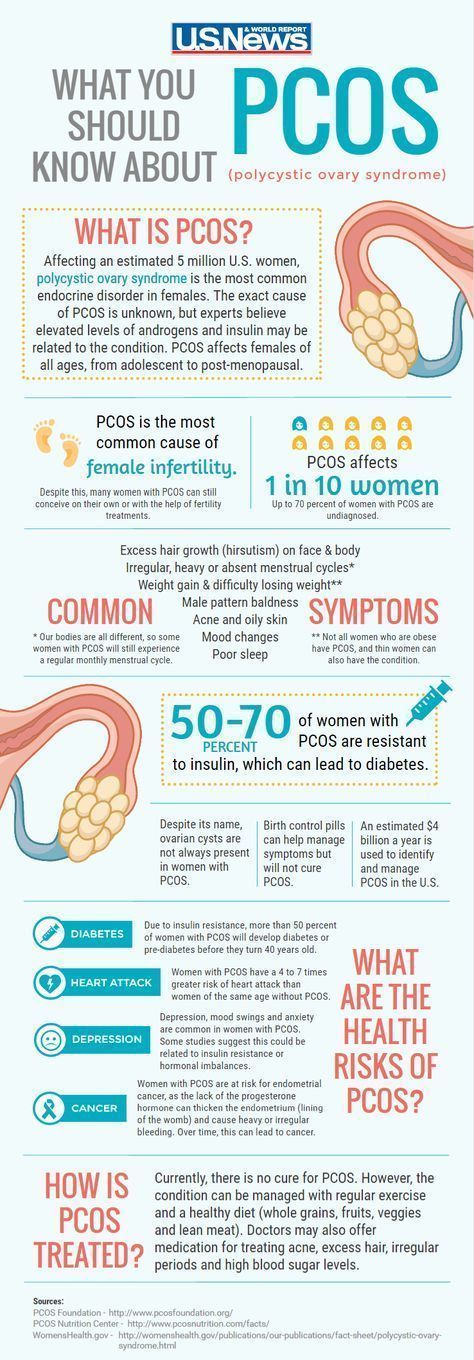
- Monoamine oxidase inhibitors (MAOIs): Like tricyclic antidepressants, MAOIs are generally prescribed only if other medications have failed to work. MAOI use can have serious side effects and must be supported by a strict diet, as interactions with some foods—including certain cheeses, pickles and wines—can be dangerous or even fatal. MAOIs cannot be combined with SSRIs. Examples of MAOIs include tranylcypromine (Parnate), phenelzine (Nardil), and isocarboxazid (Marplan).
- Atypical antidepressants: Antidepressants that don’t fit into the other four classes of medication are grouped into this category. Some common examples of atypical antidepressants include trazodone, mirtazapine (Remeron), vortioxetine (Trintellix), and bupropion (Wellbutrin SR, Wellbutrin XL).
If you’re prescribed an antidepressant medication, be sure to take it only as directed by your doctor.
Don’t take a different dose than what was prescribed and don’t take it for a longer or shorter period of time than recommended by your doctor.
Once you’ve been prescribed an antidepressant, keep in mind that it may take two to eight weeks for the medication to start taking effect.
Some mild side effects can occur within the first two weeks of starting the medication, but many will resolve after that.
Can Antidepressants Cause Weight Loss?
Most antidepressant medications are more commonly associated with weight gain, but there are three that have been connected to weight loss:
- Bupropion (Wellbutrin)
- Fluoxetine (Prozac)
- Duloxetine (Cymbalta)
Studies on the effect of fluoxetine (Prozac) on weight are varied, with only some people experiencing weight loss. And while it may cause weight loss in the short-term, but after six months or longer can lead to an increase in weight.
Similarly, the research on the impact of duloxetine (Cymbalta) on weight loss is unclear. Duloxetine can decrease appetite, which can lead to weight loss in some people.
However, research has yet to show a compelling and consistent connection between duloxetine (Cymbalta) and weight loss.
Of these three medications, bupropion (Wellbutrin) is the most consistently associated with weight loss.
Several studies, including a 2019 meta-analysis of 27 studies, found that bupropion (Wellbutrin) was the only commonly used antidepressant associated with weight loss.
In the analysis, all of the antidepressants caused an average increase in body weight of 5%, except for bupropion (Wellbutrin).
Bupropion (Wellbutrin), an atypical antidepressant, works by altering the brain chemicals norepinephrine and dopamine.
In addition to being the only antidepressant consistently associated with weight loss, it’s also associated with fewer rates of sexual side effects and sexual dysfunction than SSRIs and SNRIs.
Which Antidepressants Cause Weight Gain?
Though most antidepressants can cause weight gain as side effect, some antidepressants seem more likely to cause weight gain than others, including:
- Amitriptyline (Elavil)
- Imipramine (Tofranil)
- Nortriptyline (Aventyl)
- Paroxetine (Paxil, Pareva)
- Mirtazapine (Remeron)
The effect of SSRIs on weight is mixed.
Despite the fact that many SSRIs cause weight loss during short-term treatment, other studies show that these drugs may cause long-term weight gain. The effects of these drugs will need continued study before we know more.
Why Do Antidepressants Affect Weight?
There are different theories as to why antidepressants affect weight.
Some believe that the medication’s impact on neurotransmitters in the brain have an indirect impact on metabolism.
Others believe that weight gain or weight loss is an indirect side effect of the medications’ efficacy or inefficacy of treating the condition.
For example, some people use food and overeating to cope with anxiety and depression.
In this case, when they start antidepressant medication, they no longer feel the need to eat emotionally, which can lead to weight loss.
The opposite reaction is possible, too. For people who lose their appetite as a result of their depression, effective treatment for their symptoms may help their appetite return, causing a modest weight gain.
Have Antidepressants Ever Been Prescribed for Weight Loss?
Neither weight loss nor weight gain is a guarantee when taking antidepressants.
Like many medications, side effects can vary depending on the patient. Additionally, antidepressant medications have not been approved for weight loss by the Food and Drug Administration (FDA).
Finally, antidepressants can cause rare but serious side effects, including:
- Nausea
- Vomiting
- Dizziness
- Agitation
- Confusion
- Fever
- Fainting
- Hallucinations
- Changes in blood pressure
- Rapid heartbeat
- Tremors
- Seizures
With these potential serious side effects in mind, antidepressants are not prescribed for weight loss.
Feeling Down?
Take our free assessment and learn about your options.
Get Started
How to Prevent Weight Loss Due to Antidepressants
When taken as directed, antidepressants can be effective in treating both depression and anxiety.
If you lose an excessive amount of weight after starting an antidepressant, talk to your doctor about the medication’s benefits and side effects.
If the benefits don’t outweigh the weight loss side effects, you can also ask if adjusting the dose—or switching medications—might be helpful. Discuss the pros and cons with your doctor before making such a decision.
Get Mental Health Treatment Today with K Health
You can start controlling your anxiety and get access to the treatment you need with K Health.
Starting at $29/month get prescriptions for mental health medications plus unlimited doctor visits through the K Health app. Start your free assessment here.
K Health articles are all written and reviewed by MDs, PhDs, NPs, or PharmDs and are for informational purposes only. This information does not constitute and should not be relied on for professional medical advice. Always talk to your doctor about the risks and benefits of any treatment.
K Health has strict sourcing guidelines and relies on peer-reviewed studies, academic research institutions, and medical associations.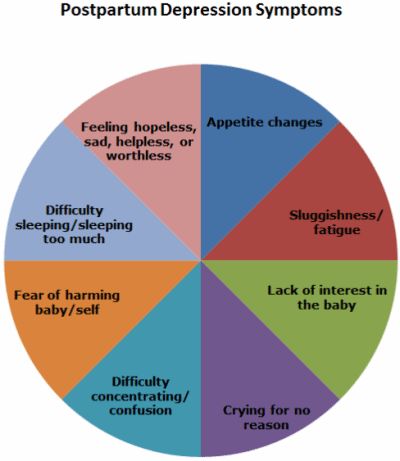 We avoid using tertiary references.
We avoid using tertiary references.
-
Anxiety Facts and Statistics. (2020).
https://adaa.org/understanding-anxiety/facts-statistics -
Antidepressant utilisation and incidence of weight gain during 10 years’ follow-up: population based cohort study. (2018).
https://www.ncbi.nlm.nih.gov/pmc/articles/PMC5964332/ -
Is increased antidepressant exposure a contributory factor to the obesity pandemic? (2016).
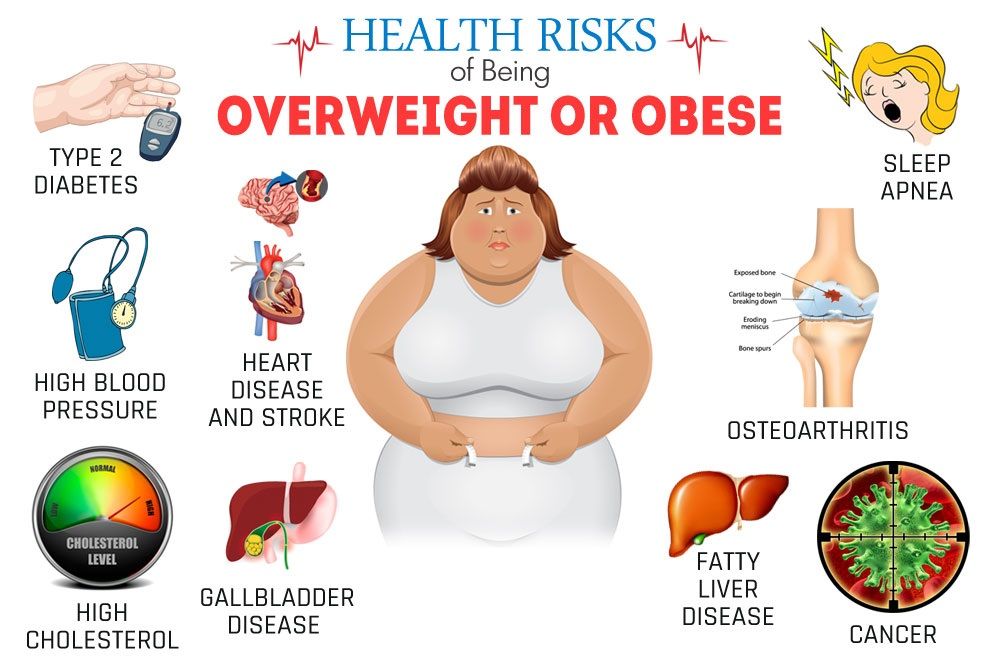
https://www.ncbi.nlm.nih.gov/pmc/articles/PMC4872449/ -
Bupropion: A systematic review and meta-analysis of effectiveness as an antidepressant. (2016).
https://journals.sagepub.com/doi/10.1177/2045125316629071 -
Depression.
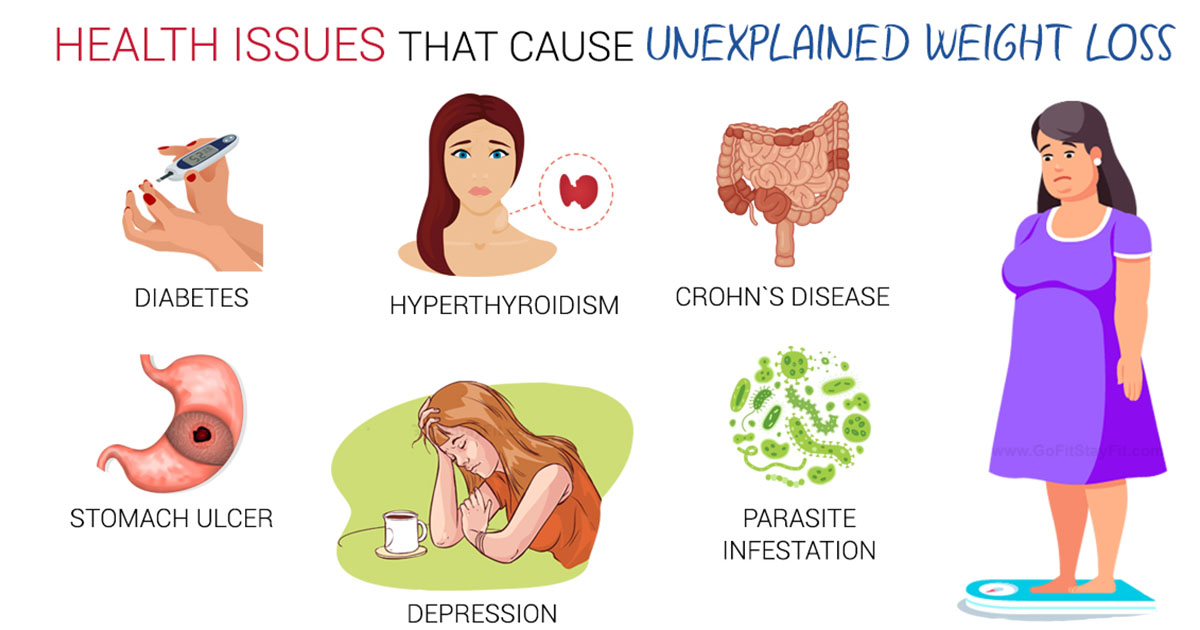 (2020).
(2020).
https://www.who.int/en/news-room/fact-sheets/detail/depression -
Effects of antidepressant and antipsychotic use on weight gain: A systematic review. (2019).
https://pubmed.ncbi.nlm.nih.gov/31524318/ -
What is Anxiety and Depression? (n.
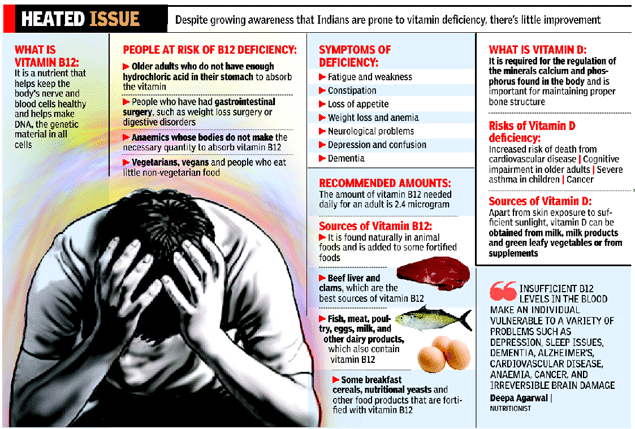 d.).
d.).
https://adaa.org/understanding-anxiety
Antidepressants that cause weight loss: Risks, benefits, and more
Most antidepressant medications cause weight gain as a side effect. However, bupropion is an antidepressant that may lead to weight loss in some people.
Antidepressants are a common form of treatment for depression. However, some people with the condition may encounter issues managing their weight.
These issues are sometimes due to the symptoms of depression that may affect appetite. They may also result from antidepressant use, which could lead to weight gain as a possible side effect.
In this article, we discuss antidepressants that cause weight loss. We also look at the benefits and risks of antidepressants for weight loss and consider alternative options.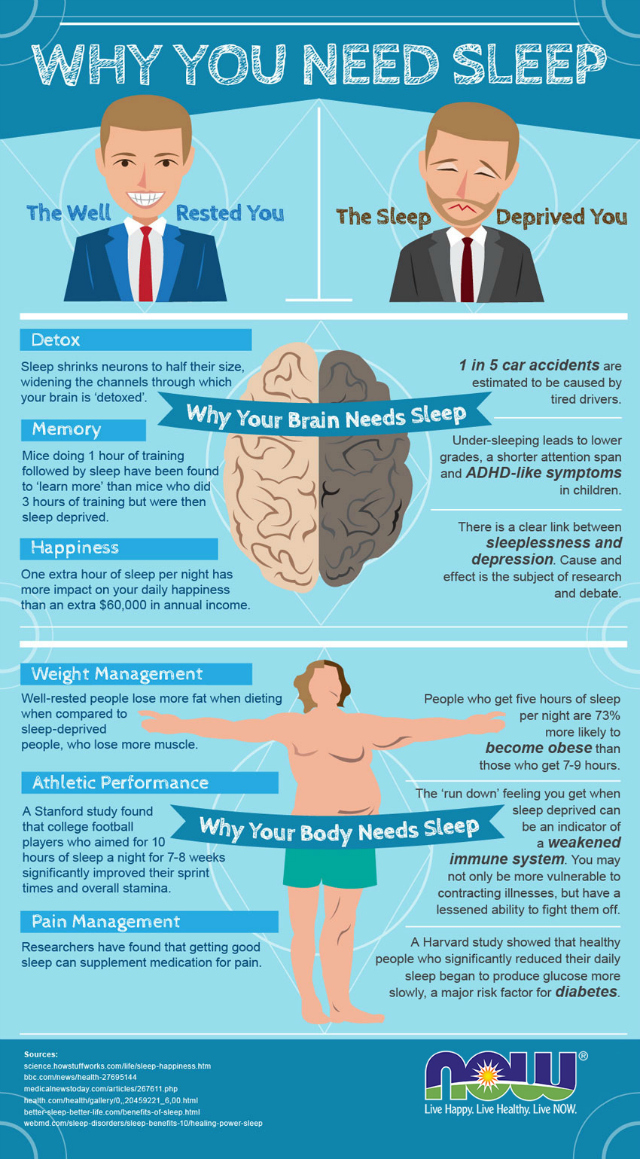
If a person is considering taking medication for weight loss, it is important to consult with a healthcare professional, as not everyone will benefit from these drugs.
Share on PinterestAntidepressants may cause some people to have problems with managing their weight.Buproprion is a common antidepressant medication, and its brand names include Aplenzin and Wellbutrin. It comes as an immediate and extended-release pill.
Buproprion works by altering chemical levels in the brain. It disrupts the enzymes that regulate the hormones norepinephrine and dopamine.
Buproprion is an atypical form of antidepressant, which means its class differs from other types of antidepressants, such as serotonin reuptake inhibitors.
While it can help with depression, some people may also take bupropion to stop smoking, as the drug can reduce nicotine cravings.
A 2016 study found that people who took bupropion lost around 7 pounds more than those who took other antidepressants over 2 years.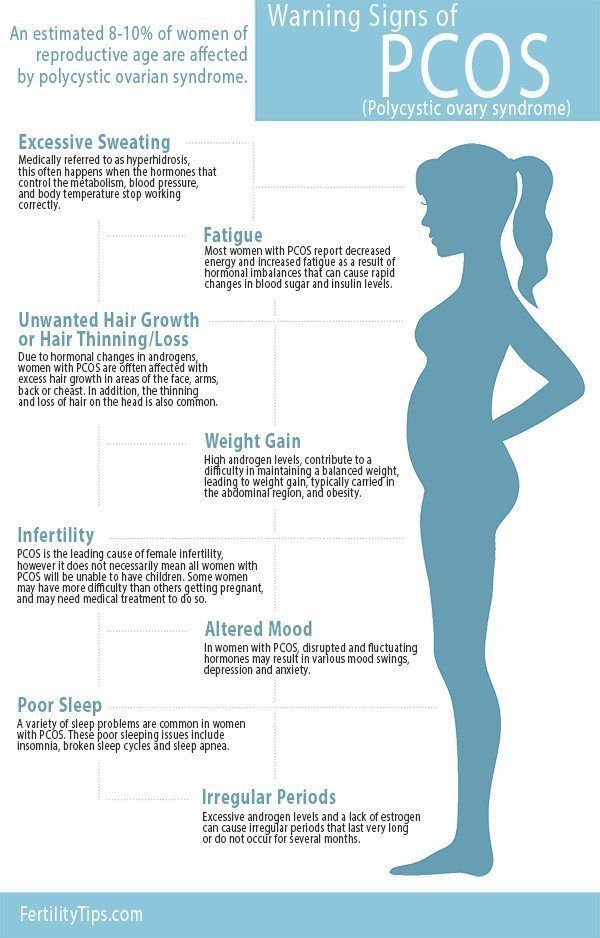 However, the researchers only discovered this effect in nonsmokers.
However, the researchers only discovered this effect in nonsmokers.
A 2019 review of 27 studies in children and adults who took antidepressants found that only those taking bupropion lost weight, while people who took other antidepressants gained weight.
Studies show bupropion is an effective treatment for depression. Therefore, it may be a suitable option for people with depression and concerns about possible weight gain.
For example, taking bupropion may be useful for those with depression and obesity. If people take another type of antidepressant, it could cause further health problems in these situations.
People without depression should not take antidepressants for weight loss, as there is no evidence bupropion causes weight loss in individuals without this condition.
Additionally, a person who takes bupropion increases their risk of the following side effects:
- dry mouth
- dizziness
- headaches
- tiredness
- nausea and vomiting
- stomach pain
- appetite changes
- digestive problems
- sore throat
- sweating
- mood swings
In rare cases, bupropion can trigger serious side effects, including:
- seizures
- confusion
- fever
- rashes or hives
- swelling around the body
- hallucinations and delusions
- paranoia
- changes in heart rate
- difficulty breathing
- chest pain
These signs could indicate a medical emergency or other serious health concerns.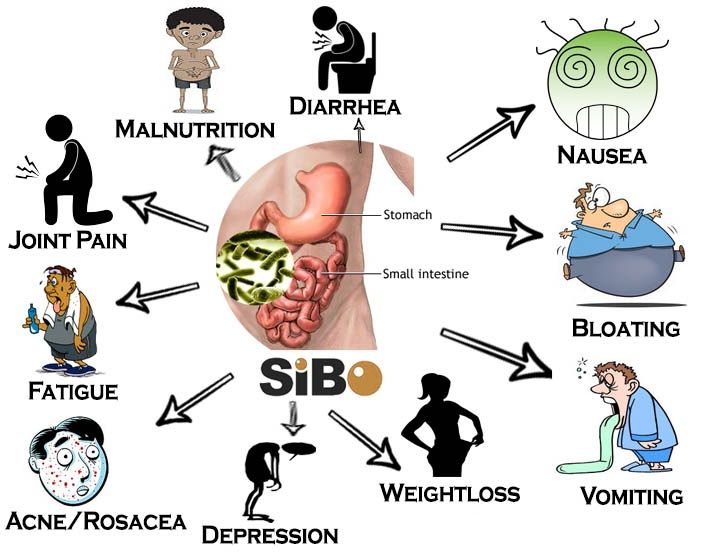 People who experience any of these side effects should stop taking bupropion immediately and contact a doctor.
People who experience any of these side effects should stop taking bupropion immediately and contact a doctor.
The Food and Drug Administration (FDA) also warns these drugs may increase the risk of suicide. Bupropion may cause unpredictable changes in mood and suicidal thoughts.
Suicide prevention
If you know someone at immediate risk of self-harm, suicide, or hurting another person:
- Ask the tough question: “Are you considering suicide?”
- Listen to the person without judgment.
- Call 911 or the local emergency number, or text TALK to 741741 to communicate with a trained crisis counselor.
- Stay with the person until professional help arrives.
- Try to remove any weapons, medications, or other potentially harmful objects.
If you or someone you know is having thoughts of suicide, a prevention hotline can help. The 988 Suicide and Crisis Lifeline is available 24 hours a day at 988. During a crisis, people who are hard of hearing can use their preferred relay service or dial 711 then 988.
Click here for more links and local resources.
The best alternative for weight loss is a combination of a nutritious diet and exercise.
A person can follow a diet rich in vegetables and fruit and eat whole grains instead of refined grains or foods with added sugars. Some people may also need to reduce their calorie intake and portion sizes.
Regular exercise is another important step. People should aim to do at least 150–300 minutes of moderate-intensity activity per week.
Here are some answers to common questions regarding antidepressants and weight gain.
Can you lose weight on depression medication?
Antidepressants can cause a variety of side effects, including weight gain and weight loss. Some forms of antidepressants have links to weight loss in some people.
Which antidepressant does not cause weight gain?
Some antidepressants will not cause weight gain — some can even cause weight loss.
A 2022 study found that fluoxetine could cause weight loss of up to 2. 7 kilograms compared with a placebo. However, this may come with side effects such as nausea, dizziness, and fatigue.
7 kilograms compared with a placebo. However, this may come with side effects such as nausea, dizziness, and fatigue.
Researchers have also associated bupropion with weight loss in some people. Additionally, health experts have found imipramine may cause weight loss in both acute and long-term treatments.
Why does Zoloft make you lose weight?
Zoloft may have links to weight loss, particularly among children.
This medication can cause a variety of side effects, and it is possible some of these may contribute to weight loss. Nausea and decreased appetite are both known adverse effects of Zoloft. If a person is taking Zoloft and experiences adverse effects, such as appetite issues or nausea, they may wish to consult a doctor.
Although most antidepressants can cause weight gain, bupropion is a medication for depression that can lead to weight loss. If people with depression have concerns about weight gain, this might be a suitable option.
People without depression should not take bupropion to lose weight.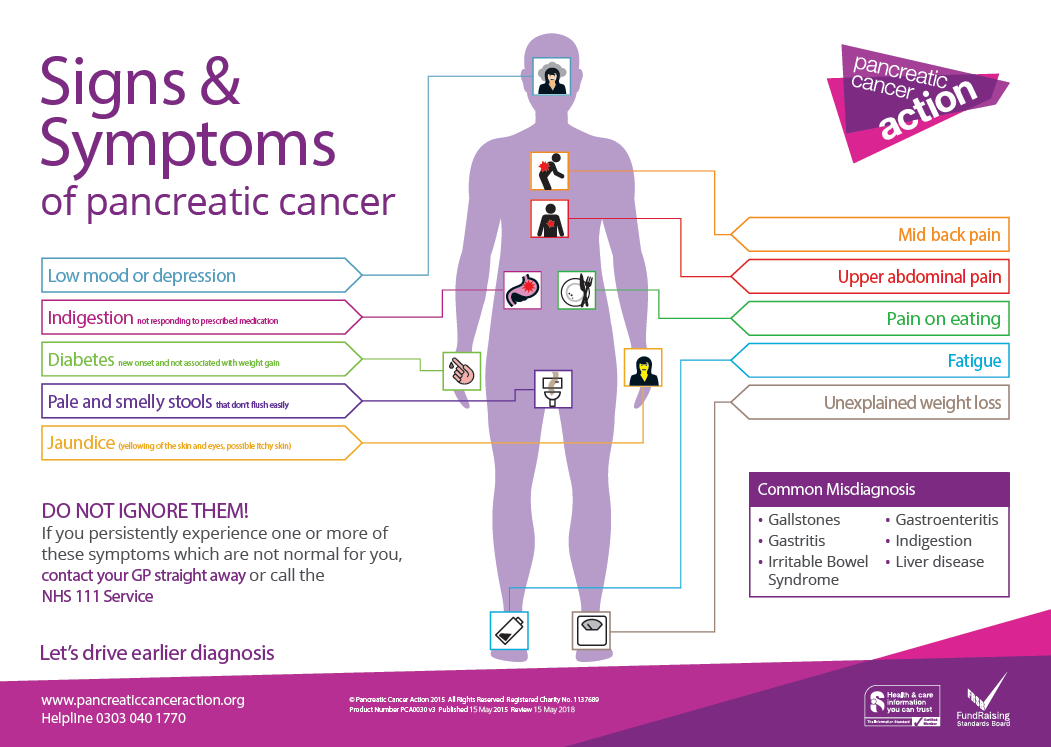 There is no evidence that this drug causes weight loss in those without depression, while there is a risk of serious side effects.
There is no evidence that this drug causes weight loss in those without depression, while there is a risk of serious side effects.
The best way for individuals to lose weight is to eat a nutritious diet and exercise regularly.
What you need to know about weight loss antidepressants
Antidepressants are a common form of treatment for depression. Most antidepressants cause weight gain as a side effect, and some people with depression may have trouble managing their weight. These problems sometimes occur due to symptoms of depression, which can affect appetite. But there are antidepressants that lead to weight loss - this is bupropion,
, which is a common antidepressant.
Bupropion
Bupropion is available as fast and long acting tablets.
Buproprion alters chemical levels in the brain, destroying the enzymes that regulate levels of norepinephrine and dopamine.
Bupropion is an atypical form of antidepressant, which means that it is of a different class from other types of antidepressants such as serotonin reuptake inhibitors (SSRIs).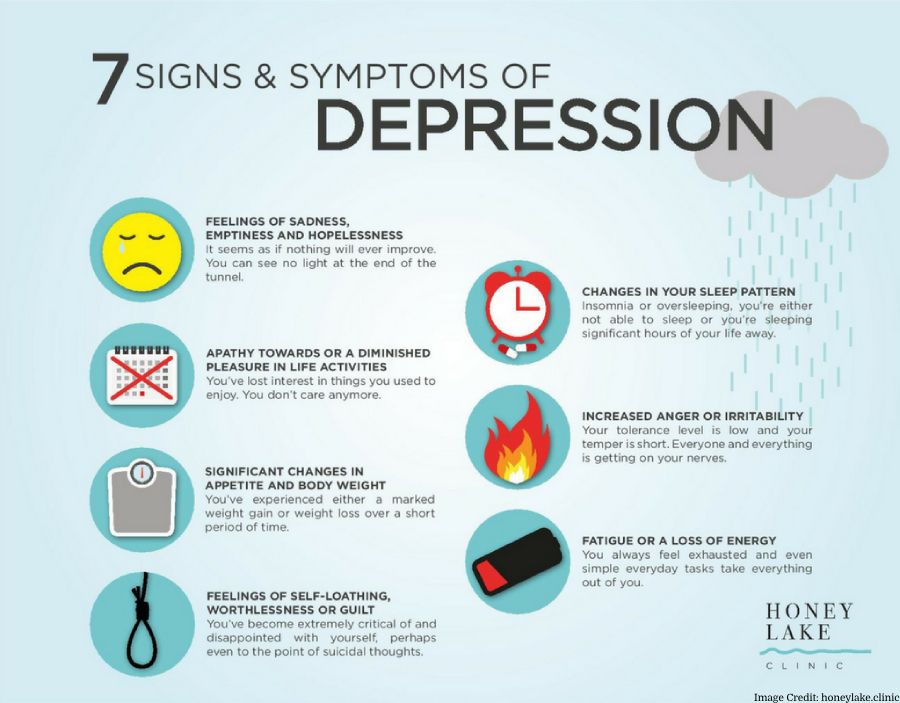
Some patients take bupropion to stop smoking because the drug can reduce nicotine cravings.
A 2016 study found that people who took bupropion lost 3 kg more than those who took other antidepressants for 2 years. But this effect was found only in non-smokers.
A 2019 review of studies in children and adults taking antidepressants found that only those taking bupropion lost weight, while people taking other antidepressants gained weight.
Benefits
Most people will not gain weight if they take antidepressants. One study found that moderate-weight patients had 29% higher risk of gaining weight when taking medications.
Studies show that bupropion is an effective treatment for depression. Therefore, it may be a suitable option for people with depression and concerns about possible weight gain. For example, taking bupropion may be helpful for people with depression and obesity. If another type of antidepressant is used, this can lead to further health problems.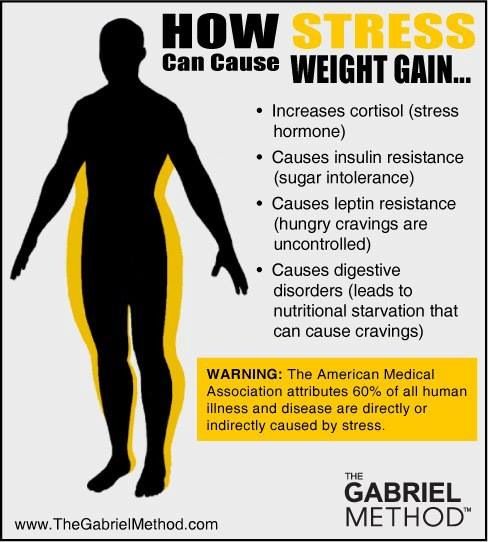
Risks
People without depression should not take antidepressants for weight loss, as there is no evidence that bupropion causes weight loss in people without this condition. A patient taking bupropion increases the risk of the following side effects:
The above symptoms may indicate serious health problems. If these side effects are detected, you should immediately stop taking bupropion and consult a doctor.
Drugs may increase the risk of suicide. Bupropion can cause unpredictable mood changes and suicidal thoughts.
Alternatives
The best alternative for weight loss is a combination of a healthy diet and exercise. A person may eat a diet rich in vegetables and fruits, and eat whole grains instead of refined grains or foods with added sugar.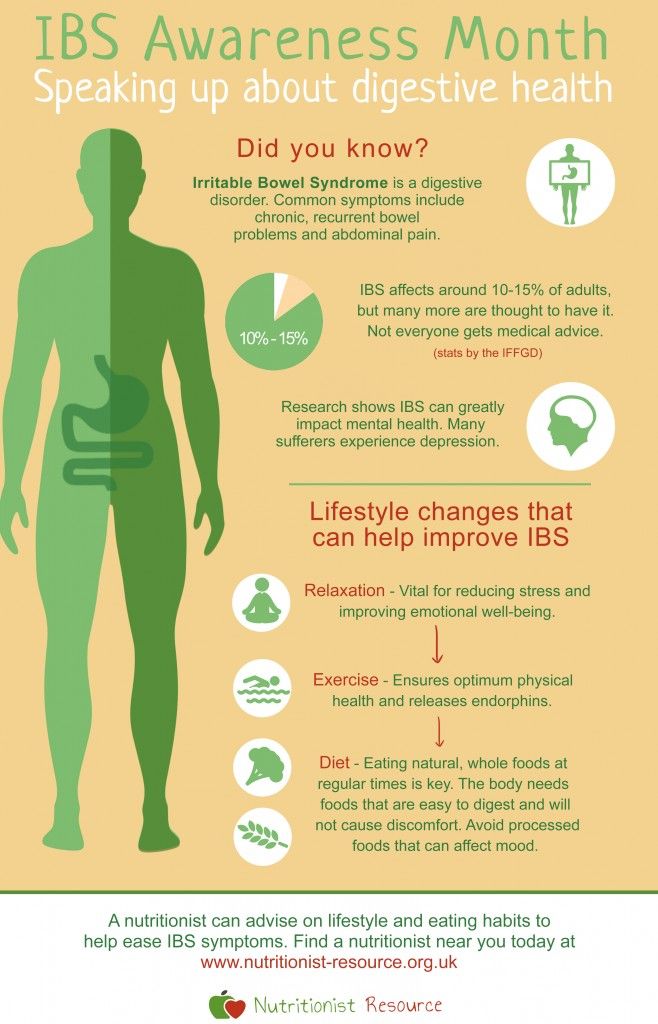 Some people may need to reduce their calorie intake and portion sizes.
Some people may need to reduce their calorie intake and portion sizes.
Regular exercise is another important step. It is necessary to perform moderate-intensity exercise 150-300 minutes per week.
Running, cycling and swimming are great ways to lose weight. Muscle strengthening exercises are also important for weight loss and overall health.
There are usually no shortcuts to sustainable weight loss. Some tips for developing good habits include:
- setting goals
- rewarding good behavior
- keeping a food diary
- stopping eating when full
- avoiding cues that encourage overeating
Do not take diet pills. There is currently no evidence that any pill can cause sustained or healthy weight loss.
Care must be taken when dieting. Many fad diets are difficult to maintain for long periods of time and can cause nutritional deficiencies.
Conclusion
Although most antidepressants can cause weight gain, bupropion is an antidepressant medication that can lead to weight loss. If depressed patients are concerned about weight gain, this may be an option. In the absence of depression, you should not take bupropion to lose weight. There is no evidence that this drug causes weight loss in those who are not depressed, while there is a risk of serious side effects.
If depressed patients are concerned about weight gain, this may be an option. In the absence of depression, you should not take bupropion to lose weight. There is no evidence that this drug causes weight loss in those who are not depressed, while there is a risk of serious side effects.
The best way to lose weight is to eat right and exercise regularly.
Research article on the topic: A blood test can indicate the effectiveness of antidepressant treatment.
Khusainov Ruslan Khalilovich
Doctor of ultrasound diagnostics JSC "SZTsDM" (St. Petersburg)
Founder of the online publication Medical Insider , editor-in-chief and author of articles.
Contact email - [email protected]
Before using the tips and tricks on this site "Medical Insider" , be sure to consult your doctor!
Fighting depression: 10 modern drugs
{{if type === 'partner-stocks'}}
{{/if}}
{{/if}} {{each list}}${this} {{if isGorzdrav}}
Delete
{{/if}}
{{/each}} {{/if}} Search by drug, disease, substance: DERMAKOSMETIKA, SOLGAR, NaturAge, Voltaren, KagocelHome
Articles
Fighting depression: 10 modern drugs
Depression is an urgent problem, the number of visits to doctors is growing every year.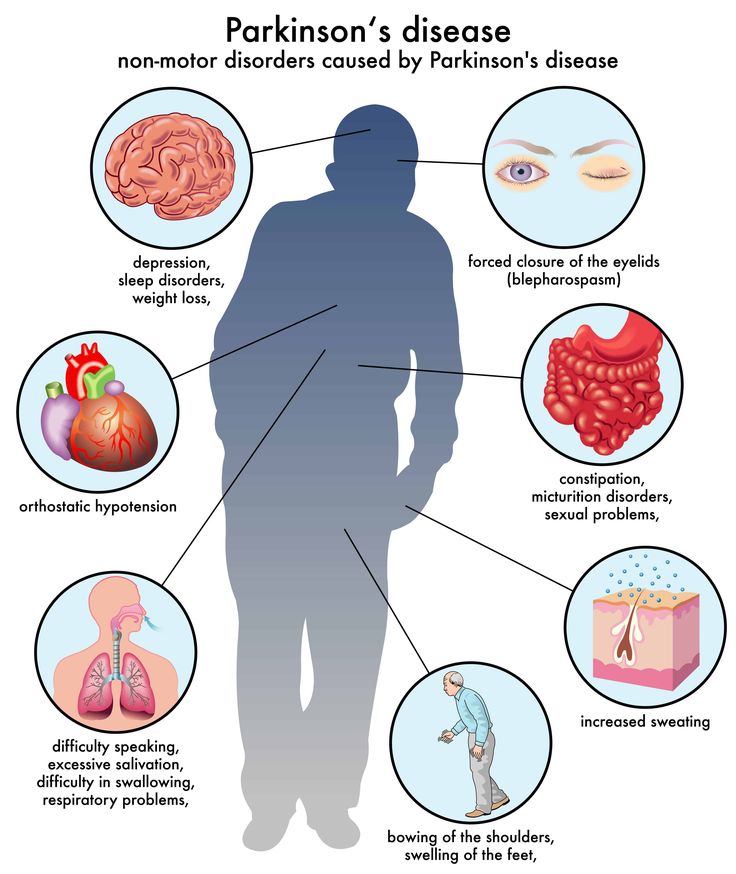 It can be solved by contacting a psychotherapist and taking antidepressants . These are drugs that regulate the production of hormones and biochemical processes in the body. It is strictly forbidden to prescribe them to yourself, as these are complex drugs with certain restrictions, side effects . The doctor must authorize their appointment and control the intake. We will tell you which of them are the most effective and common in medicine, how many they have pluses and minuses.
It can be solved by contacting a psychotherapist and taking antidepressants . These are drugs that regulate the production of hormones and biochemical processes in the body. It is strictly forbidden to prescribe them to yourself, as these are complex drugs with certain restrictions, side effects . The doctor must authorize their appointment and control the intake. We will tell you which of them are the most effective and common in medicine, how many they have pluses and minuses.
What is meant by
depression Doctors have known it since ancient Greece and Egypt. Hippocrates described it as melancholy - a condition that is accompanied by anxiety, despondency, insomnia, refusal of food, irritability. Most often, the cause is childhood trauma or severe, frequent stress in adulthood. There are many provoking factors: the death of a loved one, deterioration of living conditions, alcoholism, brain diseases. Such cases are referred to as psychogenic depression.
Such cases are referred to as psychogenic depression.
The second type is endogenous. The problem appears not from large external shocks, but because of internal causes. A person is constantly dissatisfied with himself, subjecting himself to criticism. Many patients have panic attacks , haunted by a feeling of fear, anxiety.
How long the period of depression lasts
Many people mistake ordinary periods of low mood for depression. If they do not last long and are quickly replaced by periods of recovery, then we are not talking about a depressive state. The problem is obvious when the symptoms persist for months and dramatically change a person's life. Then you need to see a doctor.
What happens to the body
The most common theory is that there is a malfunction of neurotransmitters located in the brain. These substances transmit signals from neuron to neuron and are responsible for a person's mood. Dysfunction leads to a slowdown in the rate of this transmission and a decrease in the number of neurotransmitters themselves. Serotonin, which is called the "hormone of happiness", suffers the most. For clarity, this biochemical process can be compared, for example, with a drop in blood sugar levels in diabetes mellitus.
Dysfunction leads to a slowdown in the rate of this transmission and a decrease in the number of neurotransmitters themselves. Serotonin, which is called the "hormone of happiness", suffers the most. For clarity, this biochemical process can be compared, for example, with a drop in blood sugar levels in diabetes mellitus.
How is
treated depressionDepression has been treated in different ways. In the ancient world - emetics and laxatives. In the Renaissance - wine and sunbathing. In the Age of Enlightenment - external stimuli, for example, insects. The 19th century brought new recipes - in particular, a solution of camphor in tartaric acid. The treatment also included the use of drugs, which are now no longer allowed for sale, and some are recognized as narcotic.
Obviously, all these drugs had no effect on increasing the amount of serotonin. And the treatment is precisely to normalize its production. This was done after creating modern antidepressants , which have a minimum of side effects, are safe for the body and are not addictive.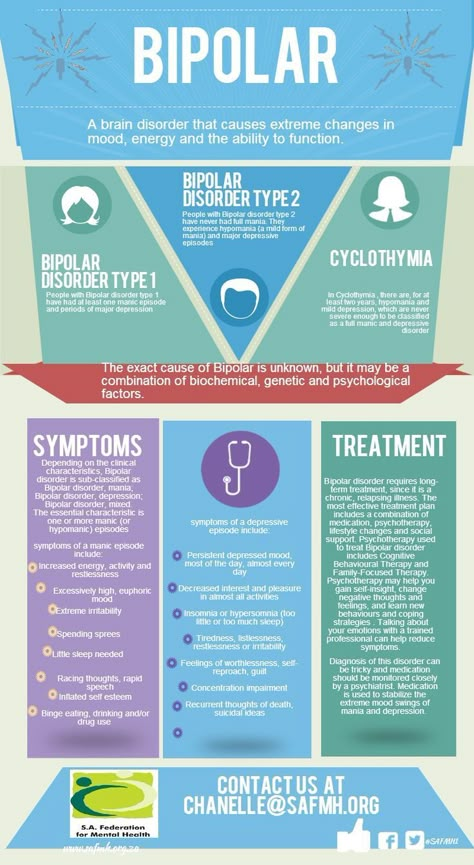 These are drugs, the action of which is aimed specifically at balancing the disturbed balance of neurotransmitters: serotonin, norepinephrine, dopamine.
These are drugs, the action of which is aimed specifically at balancing the disturbed balance of neurotransmitters: serotonin, norepinephrine, dopamine.
Prescription
If a healthy person takes antidepressants , there will be no effect . For a depressed patient, taking them will help:
- improve psychological state;
- get rid of irritability;
- panic fear;
- increase mental and physical activity;
- overcome the dreary mood.
Psychiatrists prescribe antidepressants for chronic back pain, headaches. And also with irritable bowel syndrome, incontinence and other cases when the body stops producing its own painkillers. Medication helps restore pain suppression mechanisms.
You can only take these drugs with a doctor's prescription, as many of them are strong stimulants.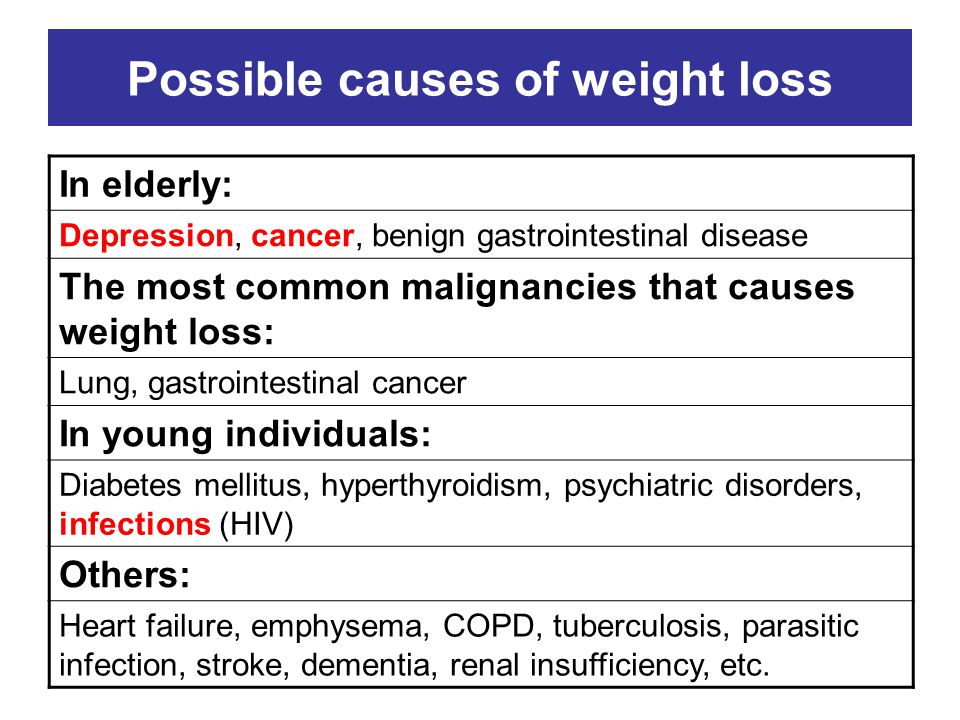 Self-administration may cost dearly - the condition may worsen. Only a doctor will correctly calculate how many medicines to take per day. In parallel with the treatment by a psychiatrist, a neurologist, a consultation of a psychotherapist is required.
Self-administration may cost dearly - the condition may worsen. Only a doctor will correctly calculate how many medicines to take per day. In parallel with the treatment by a psychiatrist, a neurologist, a consultation of a psychotherapist is required.
Precautions
- Prescribed drug start drinking from a small dose - the first couple of days they take a quarter of a tablet. Gradually increase the dose to normal. So the body adapts better. Finish the course by reducing the dose.
- The first effect of appears only 2 weeks after the start of treatment. Sustained action - six months later. All this time, you need to take the remedy without making passes, breaks.
-
Products are not combined with melatonin, St. John's wort, products and dietary supplements based on sibutramine, 5-HTP. Their combination can raise serotonin to dangerous levels.
 Also, you can not combine them with monoamine oxidase inhibitors, for example, Cipralex. When writing a prescription, the doctor takes these points into account.
Also, you can not combine them with monoamine oxidase inhibitors, for example, Cipralex. When writing a prescription, the doctor takes these points into account. - Drinking antidepressants is better in parallel with visits to a psychotherapist. If the drugs normalize the biochemical processes in the body, then this doctor will help normalize the psychological state after depression.
The best antidepressants
In medicine, they have long argued that some drugs give only a placebo effect. The purpose of the study was to find out which of them are the most effective and valid . The project involved 116 thousand patients, and its results were published by the authoritative edition of the Lancet. We offer a list of the best.
1. Agomelatine
New generation drug. Agomelatine is used for severe depressive disorders, high levels of anxiety. Enhances the release of dopamine and norepinephrine, stimulates melatonin receptors.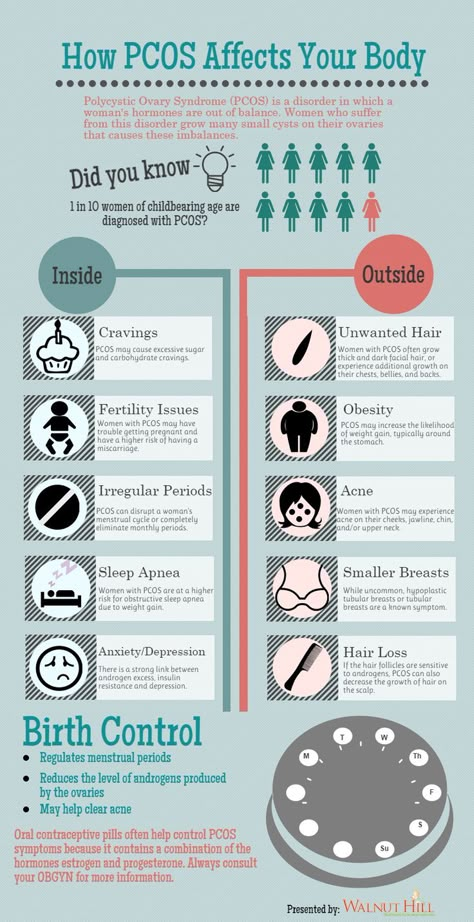 The standard therapeutic dose is 25-50 mg 1 time / day. Helps to restore the normal structure of sleep, get rid of anxiety and panic attacks attacks
The standard therapeutic dose is 25-50 mg 1 time / day. Helps to restore the normal structure of sleep, get rid of anxiety and panic attacks attacks
Pros
+ Does not adversely affect attention and memory.
+ No lethargy during the day.
+ No sexual deviations.
+ No correlation with blood pressure.
+ Do not reduce dosage upon discontinuation.
Cons
— In 1-10% of cases, increased sweating, diarrhea, constipation.
- Possible increased fatigue, drowsiness.
- There are no evidence-based safety studies in people with renal or hepatic insufficiency, therefore, such patients are advised to refrain from taking drugs with active ingredient agomelatine.
2. Amitriptyline
Tricyclic antidepressant. Moreover, the World Health Organization considers Amitriptyline the most reliable in this group. The standard dose is 200-250 mg / day. The action is to block the reuptake of neurotransmitters. A good remedy for moderate to severe disorders of the endogenous type. Additionally, it has a sedative and hypnotic effect. Effective in the treatment of neuropathic pain, for the prevention of migraine.
A good remedy for moderate to severe disorders of the endogenous type. Additionally, it has a sedative and hypnotic effect. Effective in the treatment of neuropathic pain, for the prevention of migraine.
Pluses
+ Drugs with active ingredient amitriptyline are inexpensive.
+ High reliability, minimum side effects.
+ Relatively safe during breastfeeding.
Cons
— Possible side effect in the form of blurred vision, dry mouth.
- Lowering blood pressure.
- Some patients experience constipation.
- Drowsiness.
3. Escitalopram
It belongs to the group of modern serotonin reuptake inhibitors (SSRIs). Most often, it is recommended to take for anxiety, panic attacks. It is taken once, the standard dose is 10 mg per day. Escitalopram has a milder effect and is prescribed to patients for whom tricyclic drugs are contraindicated.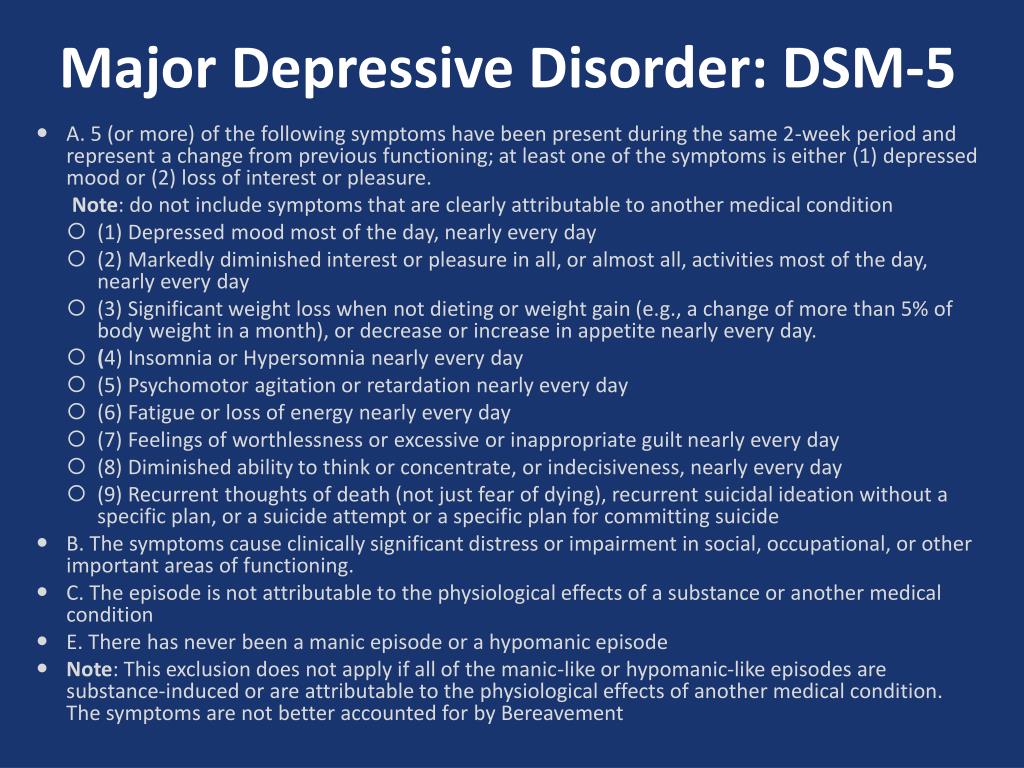
Pluses
+ Lasting effect comes after 3 months.
+ Indicated for patients with disorders of the cardiovascular system.
+ Soft action.
Cons
- In some patients, the functions of the gastrointestinal tract are disturbed, which is most often expressed in diarrhea.
— Anxiety may increase in the first 2 weeks, therefore it is recommended to start treatment with low doses and gradually increase them.
- Contraindicated in pregnancy and lactation.
4. Mirtazapine
A drug of the tetracyclic group. Mirtazapine - good stimulant for anxious depressions, has a moderate sedative effect. The average amount is 30 mg / day, it must be consumed once. Usually it is prescribed to patients who lose interest in life, cease to experience joy, pleasure. Effective in the correction of sleep, in particular, early awakenings.
Pros
+ Earlier onset of action than SSRIs (1 week).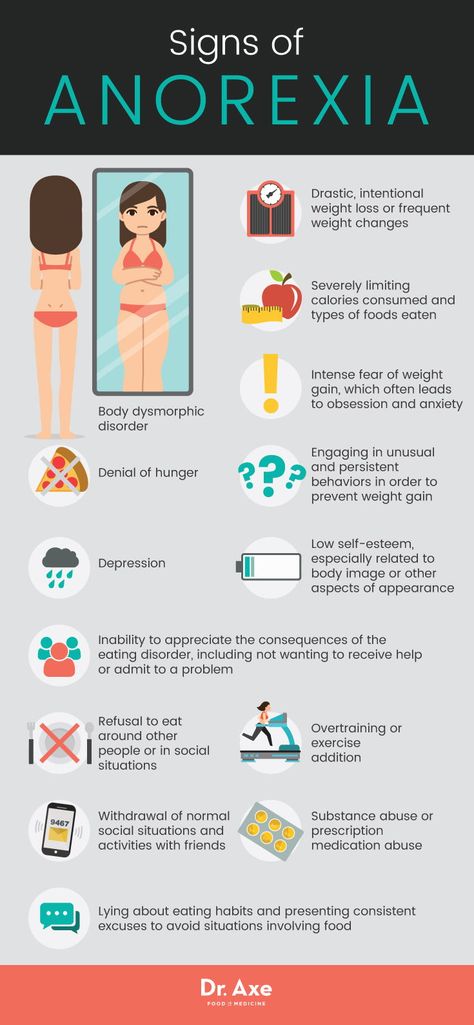
+ Works well with most generic drugs.
+ Full effect in 4 weeks.
+ Does not affect sexual function.
Cons
- The active substance mirtazapine is contraindicated in diabetes mellitus, arterial hypotension, increased intraocular pressure.
— During the appointment period, you must drive carefully and engage in potentially hazardous types of work.
- 18% of patients experience drowsiness, 15% dry mouth, 5% weight loss. Other side effects occur in 1-3% of cases.
5. Paroxetine
Belongs to the SSRI group, is used most often for severe anxiety, panic, social phobia, nightmares, stress after trauma. Paroxetine can resolve problems of anxious depression, anxiety-phobic disorders. Take once a day at a dose of 20 mg.
Pros
+ The most powerful stimulant among SSRIs.
+ Anxiety and insomnia pass quickly.
+ Minimal side effects in the form of vomiting, diarrhea.
+ Suitable for patients with cardiovascular problems.
Cons
— Not suitable for patients with severe motor, mental inhibition.
- Reduces libido.
- Harmful to the fetus when taken during pregnancy.
6. Fluoxetine
One of the most widely used antidepressants in the SSRI group. Known as Prozac. Fluoxetine is also known as a good mood stimulant. Patients have a feeling of fear, tension, anxiety, gloomy dislike for others. Depending on the indications, the average daily dose is 20-60 mg.
Pluses
+ There is practically no effect on the work of the heart.
+ Does not cause sedation.
+ Effective for patients with motor retardation and excessive daytime sleepiness.
Cons
- May cause weight loss.
— Hypoglycemia is possible in diabetes mellitus.
- Contraindicated in severe renal impairment.
7. Fluvoxamine
Another SSRI drug. Fluvoxamine is similar to Prozac Fluoxetine but is fast acting and may cost cheaper. The effect is in a more active slowing down of the reuptake of serotonin by neurons. It is indicated for depression of various origins, as well as obsessive-compulsive disorders. The average daily dose is 100 mg.
Fluvoxamine is similar to Prozac Fluoxetine but is fast acting and may cost cheaper. The effect is in a more active slowing down of the reuptake of serotonin by neurons. It is indicated for depression of various origins, as well as obsessive-compulsive disorders. The average daily dose is 100 mg.
Pros
+ Lower price than traditional Prozac.
+ Faster action than him.
+ Relatively minor side effects (diarrhea, dry mouth, drowsiness).
Cons
- Contraindicated in diabetes.
- Pregnant women - with caution, lactation - prohibited.
- Causes nausea in some patients.
8. Sertraline
One of the widely used and universal drugs of the SSRI group. They treat almost any depressive condition, panic disorder, social phobia. However, in severe clinical cases, sertraline may not be effective enough. The standard dose is 50 mg/day.
Pros
+ No cardiotoxicity.
+ The patient's psychomotor activity does not change.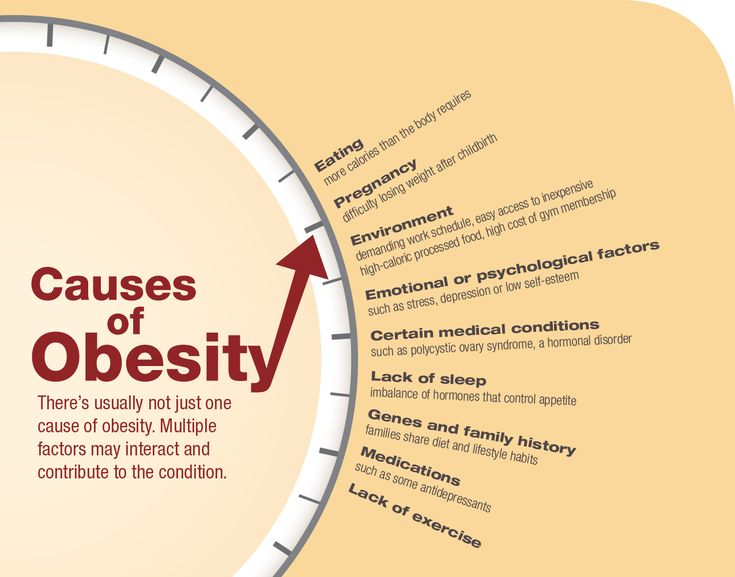
+ Does not increase body weight.
+ Combines well with other groups of antidepressants.
Cons
— In the first 2 weeks there may be problems with sleep, diarrhea.
- Side effects of a sexual nature.
- Contraindicated in pregnant women.
9. Escitalopram
The drug is classified as an SSRI. Its difference is in its effectiveness in depression, which is accompanied by involuntary movements (tic, tremor, chewing, smacking). Escitalopram is prescribed to patients with panic, anxiety, phobias, obsessive thoughts or actions. The daily dose is 20 mg.
Pluses
+ Effective in tardive dyskinesia.
+ One of the most powerful SSRIs.
+ More pronounced thymoleptic effect (improvement of mood) compared to many antidepressants of the same group.
Cons
- In some patients, anxiety increases within 2 weeks after starting treatment.
— Gastrointestinal disorders, insomnia, agitation are possible.